An Obituary for Dr. Carol E. Kennedy
by Bethany Kette
Each day in anatomy lab this year, we were joined by our instructors who taught and guided us through each physiologic system, sharing with us the knowledge that is integral to our medical education. In their starched white coats, each embroidered with ‘Dr. So-and-So’ in neat script, we addressed them by name, asking for their help when we were unsure of our next steps. But there was another doctor among us each day in those rooms, who did not wear her white coat and whose name we did not know. One who had stood in our exact footsteps in 1968, and came back to be our most selfless teacher of all.
Dr. Carol E. Kennedy, artist, physician, and graduate of Georgetown University School of Medicine, passed away in December of 2015 at the age of 77 in Alexandria, Virginia. Dr. Kennedy was born in a small farm town in Wisconsin and spent her childhood in Washington, She eventually completed her pharmacy degree at Washington State University, where she met and married her husband Andrew, and had her first son, Andy. When their family moved to Virginia, Dr. Kennedy decided to forgo her career as a pharmacist and began medical school at Georgetown. She had her second son, Jim, during her fourth year of school and graduated with the class of 1972.
She became an internist at Fairfax Hospital—one of very few female physicians there at the time. Her close friend and colleague Dr. Grundlehner said that “medical school was not a very easy place for women” when they attended. There may have only been two women’s restrooms in a 10 floor building, but Dr. Kennedy never complained because she always considered it a privilege to be a physician.
She was a deeply religious woman and continued to serve others through her church long after she retired from medicine. In addition to devoting time to reading for her three book clubs, coaxing plants from the earth in her garden, and riding horses, Dr. Kennedy chose to retire early so that she could finally pursue her artistic talent. A friend described her as a formidable artist who had had no opportunity for formal training while she was a physician, but Dr. Kennedy soon remedied that when she went on to study at the Torpedo Factory in Alexandria and at the Corcoran Gallery of Art. Multiple art shows exhibited her work—beautiful depictions of vibrant orange lilies and muted purple orchids that I wonder if she painted directly from her own garden.
Despite her many accomplishments in life, her son Jim noted that above all else Dr. Kennedy was fiercely proud of graduating from Georgetown—and it was a pride that never faded. I knew that fact to be true when he also mentioned that she remained a loyal patron of The Tombs and often brought her family there along with her. Her love of Georgetown is why she wanted to come back here one last time and continue serving others just as she did her entire life.











